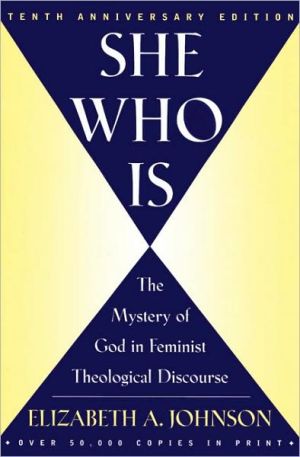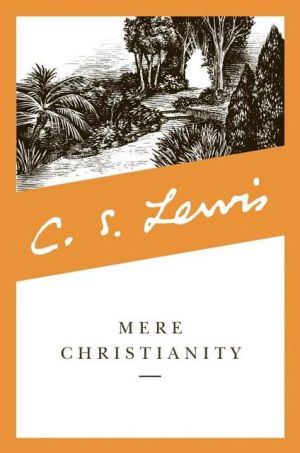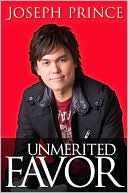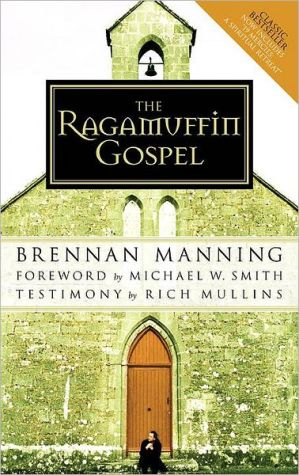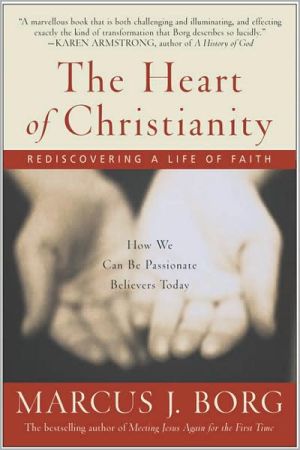She Who Is: The Mystery of God in Feminist Theological Discourse
Winner of the Louisville Grawemeyer Award in Religion. This classic explains what feminist theology is and how can we rediscover the feminine God within the Christian tradition. A profound vision of Christian theology, women’s experience, and emancipation.\ \ Johnson offers the most solidly based case to date for using women's experiences and female images to describe the Christian experience of God. Using historical references from the Cappadocians to Kasper and...
Search in google:
With a voice at once prophetic, poetic, and scholarly, Johnson shows how the traditional understanding of God as male can make room for the feminine God, and how the experience of women everywhere enriches our view of God and our spiritual lives. Library Journal As perhaps the best book of feminist theology to date, She Who Is is at once thoroughly orthodox, grounded in classical Christian thought, liberatingly contemporary, and rooted in women's experience. Johnson reviews the history of Christian language about God and explains the need for feminist language about God, thereby providing background for nontheologians. She then develops an inclusive and creative Christian spiritual doctrine. Highly recommended for all collections serving educated lay readers, theologians, and clergy.
IllustrationsAcknowledgmentsPt. IBackground: Speech About God at the Intersection of Mighty Concerns1Introduction: To Speak Rightly of God3A Crucial Question3Context: Mystery Mediated in History6Purpose: Connecting Feminist and Classical Wisdom8Plan13Scotosis vs. the Glory of God132Feminist Theology and Critical Discourse About God17The Lens of Womenás Flourishing17Speech about God at the Intersection of Mighty Concerns19Feminist Theology22Critique of Speech about God333Basic Linguistic Options: God, Women, Equivalence42Why the Word God?42Why Female Symbols of God?44Why Not Feminine Traits or Dimensions of God?47Equivalent Images of God Male and Female54Options56Pt. IIForeground: Resources for Emancipatory Speech About God4Women's Interpreted Experience61The Dynamism of the Conversion Experience62Experience of Self Experience of God65Moral Values67Image of God, Image of Christ695Scripture and Its Trajectories76A Hermeneutic of Revelation76Spirit/Shekinah82Wisdom/Sophia86Mother1006Classical Theology104Divine Incomprehensibility104Analogy113Many Names117Pt. IIISpeaking About God from the World's History7Spirit-Sophia124Divinity Drawing Near and Passing By124Forgetting the Spirit128The Human Analogue131Spirit-Sophia in Action133Speaking about Spirit141Speaking about God1468Jesus-Sophia150Wisdom Made Flesh150Distorting the Christ151The Human Analogue154Jesus-Sophia in Action156Speaking about Christ161Speaking about God1679Mother-Sophia170Unoriginate Origin170Eclipsing the Mother172The Human Analogue176Mother-Sophia in Action179Speaking about God185Pt. IVDense Symbols and Their Dark Light10Triune God: Mystery of Relation191Tradition and Its Discontents191Freeing the Symbol from Literalness197Directing the Symbol toward Meaning205Female Metaphors211The Symbol Gives Rise to Thought215Speaking about the Triune God22211One Living God: She Who Is224"No Real Relation" and Womenás Sensibility224Divine Nature: A Communion227Bespeaking God's Solidarity with the World228Female Metaphors233Divine Being, Sheer Liveliness236Speaking About the Living God: SHE WHO IS241To Practical and Critical Effect24412Suffering God: Compassion Poured Out246The Apathic, Omnipotent God and "His" Critics246Female Metaphors254Divine Suffering265Divine Power269Speaking about the Suffering God271Epilogue273Notes275Index of Authors307Index of Subjects313
\ Library JournalAs perhaps the best book of feminist theology to date, She Who Is is at once thoroughly orthodox, grounded in classical Christian thought, liberatingly contemporary, and rooted in women's experience. Johnson reviews the history of Christian language about God and explains the need for feminist language about God, thereby providing background for nontheologians. She then develops an inclusive and creative Christian spiritual doctrine. Highly recommended for all collections serving educated lay readers, theologians, and clergy.\ \
